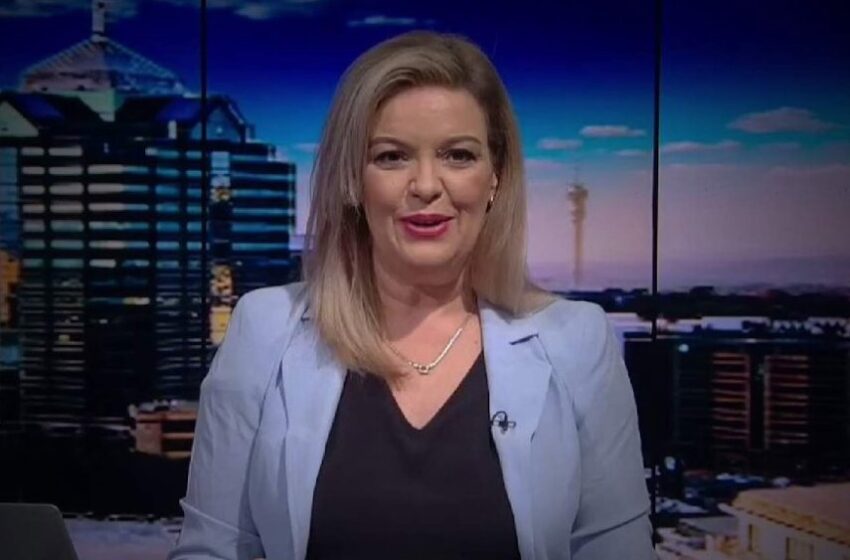SABC axes Juliet Newell after Gaza–Holocaust clash: What we know

Juliet Newell dropped by SABC after Gaza–Holocaust interview exchange sparks censorship row and free speech debate.
The South African Broadcasting Corporation (SABC) has come under fire after it removed long-time presenter Juliet Newell from its line-up. The decision followed an on-air exchange in which Newell challenged Dr Mamphela Ramphele over her comparison of the conflict in Gaza to the Holocaust.
The incident occurred during a broadcast in late August, when Ramphele, chair of the Desmond Tutu IP Trust, repeated a statement describing Israel’s military actions in Gaza as a form of Holocaust. Newell pushed back, asking whether such a comparison was “provocative” and whether it risked undermining the historical singularity of Nazi Germany’s systematic extermination of Jews during World War II.
Ramphele stood by her words, insisting that Gaza represented “a holocaust by any definition”. Newell countered by stating that while conditions in Gaza were “horrific”, equating them to the Holocaust blurred important distinctions between two very different historical events.
The exchange sparked a swift reaction. The Palestine Solidarity Campaign (PSC) accused SABC of “whitewashing” Israel’s conduct, arguing that the broadcaster’s framing sanitised alleged atrocities. Facing pressure, SABC confirmed that Newell would be taken off its broadcasting schedule.
The move has triggered a wider debate about press freedom, journalistic integrity, and political influence on South Africa’s public broadcaster.
Reactions to the dismissal
The decision drew strong criticism from several quarters. The South African Zionist Federation (SAZF) argued that Newell was fulfilling her professional responsibility by interrogating an extraordinary claim. The organisation noted that the Broadcasting Complaints Commission of South Africa (BCCSA) Code requires controversial statements to be tested for accuracy and context and described her removal as “an attack on editorial independence”.
Israel’s Yad Vashem Holocaust memorial also condemned SABC’s decision, calling it “a moral failure” and accusing the broadcaster of punishing integrity while tolerating distortion of historical fact.
Domestically, however, Newell received less support. The Sunday Times labelled her a “Mampara” (fool), and the South African National Editors’ Forum (SANEF) has remained silent on the issue, despite mounting calls for solidarity.
Wider concerns about press freedom
Commentators warn that Newell’s dismissal sets a dangerous precedent for South African journalism. Critics argue that it risks silencing dissenting voices and undermining the plurality of opinion in the media landscape.
According to analyst Sara Gon of the Free Speech Union of South Africa, the broadcaster’s actions represent appeasement rather than adherence to professional standards. “By silencing Newell, the SABC has weakened trust, narrowed debate, and emboldened those who use outrage as a political weapon,” she said.
The controversy highlights broader tensions in South Africa’s media, where politically charged issues around Israel and Palestine frequently provoke heated responses. At the centre of the storm lies a question that extends beyond one presenter: how far can journalists go in challenging inflammatory comparisons without risking their careers?
For viewers and media watchers, the episode is a test of institutional resilience. Public broadcasters are tasked with balancing the protection of plurality with sensitivity to powerful historical memories. How SABC responds in the coming days — whether by reviewing its editorial decision, publishing a fuller explanation, or reinstating Newell — will be closely watched by press freedom advocates and political stakeholders alike.

